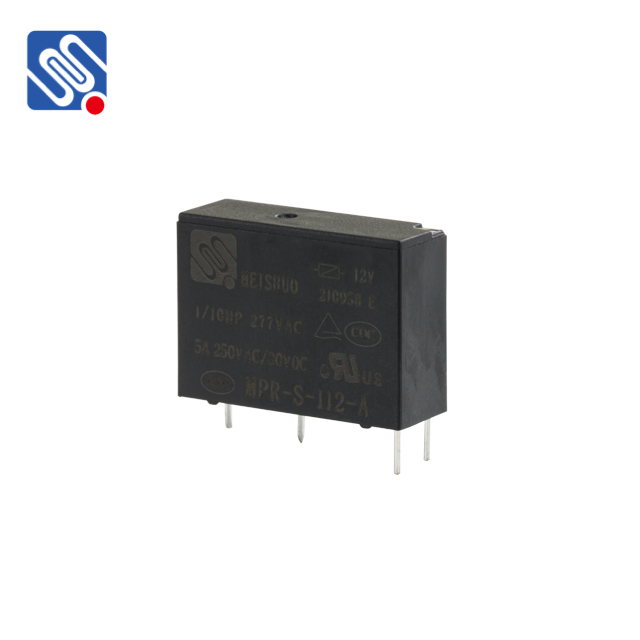relay stability: ensuring reliable power system performance with meishuo
Release time:2025-05-07 08:33:03
Relay stability is an essential aspect of power system protection, ensuring that relays correctly detect and isolate faults while avoiding unnecessary disconnections. A relay’s performance in a power grid directly influences the reliability and efficiency of the system. When discussing relay stability, it is important to highlight the role of technological advancements and companies like Meishuo, which have contributed significantly to improving relay stability in modern power systems.

Understanding Relay Stability In a power system, a relay is designed to protect the system by detecting faults, such as short circuits or overloads, and disconnecting the affected part of the grid to prevent further damage. However, the relay must also maintain stability, meaning it should operate under fault conditions without triggering false alarms or unnecessary disconnections. False trips can cause widespread power outages and affect the quality of electricity supplied to consumers. Relay stability typically refers to the ability of the relay to differentiate between actual faults and transient disturbances, ensuring that only genuine faults result in system isolation. An unstable relay, on the other hand, may misinterpret normal operational fluctuations as faults, leading to unnecessary disconnections and reduced system reliability.

